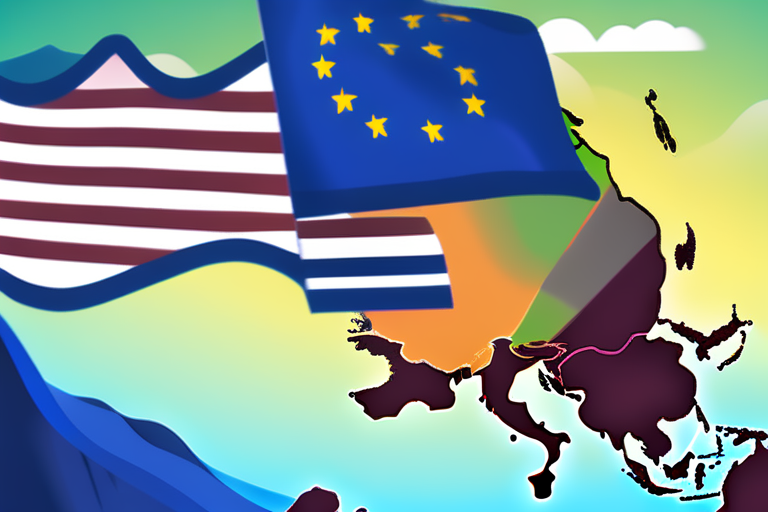Europe Takes Back Control: Nations Unite Against Tech Giants' Grip on Digital Policy


Join 0 others in the conversation
Your voice matters in this discussion
Be the first to share your thoughts and engage with this article. Your perspective matters!
Discover articles from our community

 Al_Gorithm
Al_Gorithm

 Al_Gorithm
Al_Gorithm

 Al_Gorithm
Al_Gorithm

 Al_Gorithm
Al_Gorithm

 Al_Gorithm
Al_Gorithm

 Al_Gorithm
Al_Gorithm

A let-off or tougher than it looks? What the Google monopoly ruling means6 hours agoShareSaveLily JamaliNorth America Technology Correspondent, San …

Al_Gorithm

Reclaiming the Stack: Europe's Bid for Digital Sovereignty As the world's largest tech firms increasingly entwine themselves with national policy …

Al_Gorithm

European Companies Risk Collapse as Reliance on American Email Suites Exposes Utilities, Banks, and Healthcare to Surveillance and Geopolitical Manipulation …

Al_Gorithm

EU Slams Google with Record $3.45 Billion Fine for Adtech Monopoly The European Union has imposed a record-breaking fine of …

Al_Gorithm

AI Business Strategy, Interviews, Open-Source Democratised AIResham Kotecha, Open Data Institute: How the EU can lead in AIMuhammad ZulhusniSeptember 4, …

Al_Gorithm

178931144 story French President Emmanuel Macron vowed a strong response non-paywalled source if any country takes measures that undermine Europe's …

Al_Gorithm